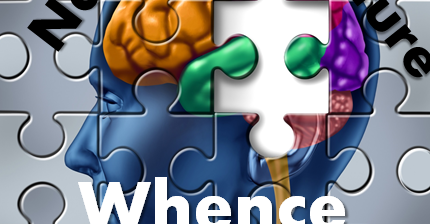Tag Archives: neurons
20 May Cybernetic Modeling for Smarty-Pants

Introduction Model railroads come in several scales: O, HO and N gauge enable hobbyists to model real-world objects in miniature using successively smaller standards. In N gauge it is possible to build an entire city in the basement. A good model photographed with still or motion pictures may be so realistic that viewers believe they are looking […]
08 May Three-Dimensional Model of Language
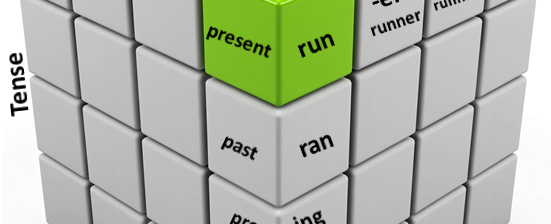
Topographical maps of concepts in a text provide useful views of language. Fortuna et al in Semantic Knowledge Management (pp. 155-169) describe how three-dimensional topic maps can both give meaningful insights into clusters of related content, such as news stories or published papers. I have frequently stressed the importance of concept associations in the brain, in cognitive […]
04 Mar Gnosticism, Mysticism and Hard Knowledge

Neural Network science describes oft rejected explicit knowledge in neurons as “gnostic cells” or “gramma cells” suggesting one neuron knows about gramma. Not all scientists agree with associationist theories that explain learning in the context of things that pre-exist in memory. In fact, an entire school of thought flatly rejects explicit representations that form the core […]
26 Feb Physiology of Learning to Generalize
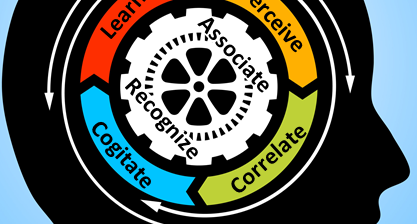
I began this blog heavily concentrating on the physiology of the brain, its cells and the way they interconnect. Learning and association are not dealt with much in those posts other than to describe ways in which the brain and its cells provide mechanisms for these activities. Many of the mechanisms of association are fairly clearly understood […]
13 Feb Remember Yorrick
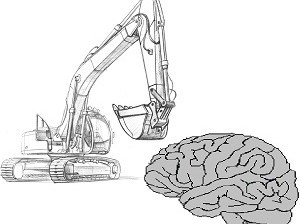
Mouldering Memories Sometimes dredging up old memories is a major operation in excavation. Yet we have an amazing capacity to retain information learned long ago and not recalled in recent memory. Today, I’d like to address questions of learning, especially in the context of the earliest learned things. In order to recognize something, we must […]
08 Feb Seeing Within: Proprioception for Robots
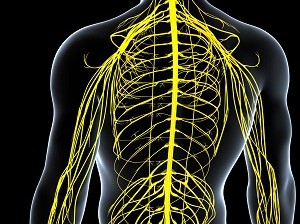
I saw a couple movies awhile back, “The Terminator” and “Terminator 2” in which artificial intelligence in computers became hazardous to the survival of humanity. One of the premises, as I recall, was that the critical event that lead to the disastrous attempt of man-made machines to destroy humanity, was when they became “self-aware”. This […]
03 Feb Mapping a Thought
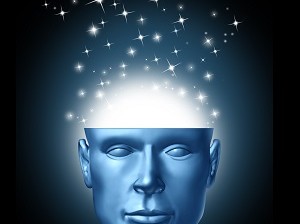
What is truly going on in a network of billions of cells with trillions of connections? Can we even begin to figure it out – is mapping a thought possible? When I was in the midst of my studies in which I initially wrote this, MRIs and CAT scans were the best of our ability […]







